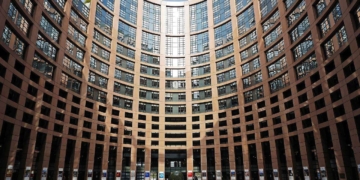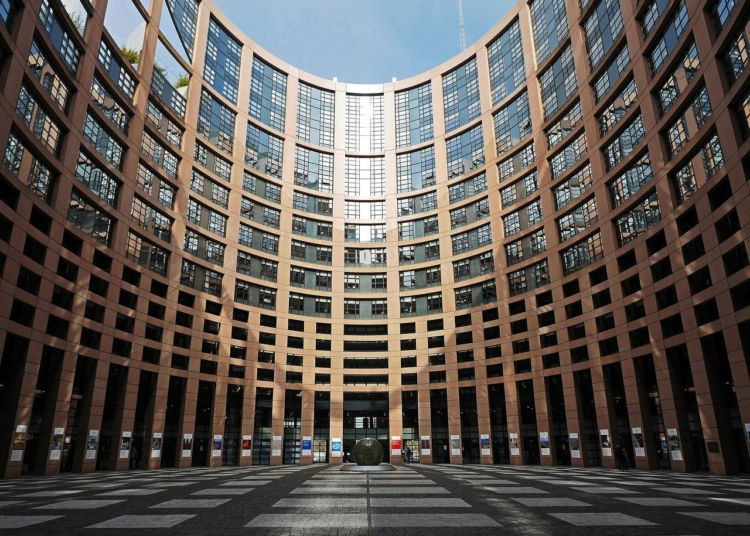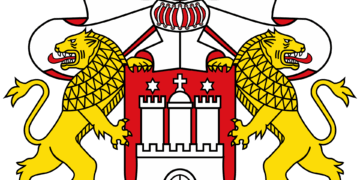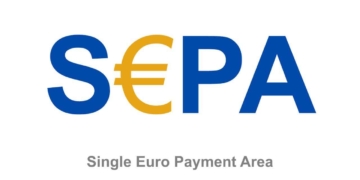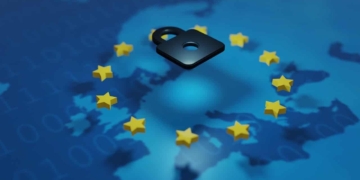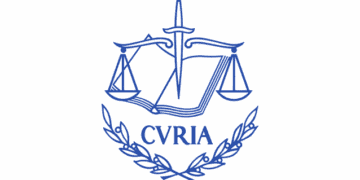In today’s world, where digitization is penetrating nearly every aspect of our lives, online platforms and digital services have become indispensable. From social media and e-commerce to streaming services and online education platforms, the digital world has become firmly integrated into our everyday lives. They have revolutionized the way we communicate, shop, work and entertain ourselves, offering unprecedented convenience and accessibility. But this convenience does not come without a price. With the rapid spread of digital technologies and the ever-increasing interconnectedness of our society also come new challenges in terms of security, data protection and users’ rights. Cyberattacks, data leaks, and disinformation are just a few of the many threats we face in the digital world. The Digital Services Act (DDG) was created for precisely this reason. It aims to create a framework that maximizes the benefits of digitization while minimizing the risks, and ensures that citizens’ rights and security are safeguarded in the digital age.
Fundamentals of the DDG
The DDG is more than just another law in the long list of regulations that have been enacted in recent years. It’s a critical step toward a safer, more responsible, and more inclusive digital future. But what exactly is the DDG? Why is it so important? And what does it mean for the average citizen and business in Europe?
Historical context and timetable
Let’s start with the basics. The DDG, short for Digital Services Act, is not just another bill in the European legal landscape. Rather, it represents a decisive step in Europe’s digital evolution. Designed to implement the Digital Services Act (DSA), it serves as a bridge between technological advances and the regulatory frameworks that will accompany and guide those advances. The DSA itself was introduced with the vision of creating a coherent and uniform regulatory framework for digital services across the European Union. In an era where information, goods, and services flow seamlessly across borders, it is imperative that the legal framework also accommodate this cross-border nature. This is particularly relevant as cross-border digital services not only become the norm in Europe, but also have the potential to impact business, culture, and social interactions. The DSA, which was launched on November 16, 2022, entered into force, serves as the basis for this vision. With a planned implementation of the regulation from the February 17, 2024, is expected to significantly shape Europe’s digital landscape in the coming years.
Objectives and main features of the DDG
The main objective of the DSA, and therefore of the DDG, is to ensure a safe, predictable and trustworthy online environment for all EU citizens. At first glance, this may seem like a given, but the reality of implementation is far more complicated. The digital world we live in today is not only characterized by rapid innovation and constant evolution, but also harbors a multitude of risks and uncertainties. Cybercrime, whether in the form of hacking, phishing or ransomware attacks, threatens millions of users every day. Data breaches, where personal information is shared or misused without consent, have shaken the confidence of many in online services. Added to this is the growing problem of disinformation, in which false or misleading information is disseminated, often with the aim of influencing public opinion or elections. These challenges require careful, thoughtful, and robust regulation to ensure citizens’ security and trust in the digital landscape. The DDG is a step in this direction by establishing clear guidelines and mechanisms to counter these threats.
Supervision and regulation
A central point of the DDG is the creation of a robust supervisory structure that serves as a backbone for the regulation of digital services in Europe. At a time when online platforms are playing an increasingly important role in our daily lives, it is essential that these platforms act responsibly and respect the rights of their users. The DDG’s proposed oversight structure aims to ensure just that. Its purpose is not only to ensure that online platforms in Europe are effectively monitored, but also that they operate in accordance with established standards and regulations.
To ensure consistent and effective monitoring across the European Union, a specialized digital services coordinator will be appointed in each EU member state. These coordinators are not only liaisons at the national level, but also key players in the pan-European supervisory landscape. Their main duties will be to receive complaints from users, ensure that these complaints are handled appropriately, and monitor access to platform data to identify any violations or irregularities at an early stage. These measures aim to increase public trust in digital services and create a secure, transparent and accountable digital space in Europe.
Transparency and responsibility
Another important aspect of the DDG is the reporting and complaint procedure for illegal content. In the past, there have been many cases of illegal or harmful content being distributed on online platforms. The DDG ensures that there are clear procedures in place to report such content and act accordingly. It also establishes transparency obligations for commercial advertising. This means that companies must clearly indicate when they have paid for a post or ad.
Special regulations for large platforms
Also of particular note is the fact that the DDG provides for stricter rules for large online platforms, especially those with more than 45 million users in the EU. This is a clear sign that the EU has recognized that large platforms have a special responsibility due to their size and reach.
Final thoughts
In conclusion, the Digital Services Act is a milestone in digital regulation in Europe. It shows that the EU is determined to protect and shape the digital future of its citizens. For companies, this means they have to comply with stricter rules, but it also means they can operate in a more secure, transparent and trustworthy digital environment. For citizens, it means their rights are protected and they can go online with confidence.
Overall, the DDG is proof that Europe is at the forefront of the digital revolution, not only in terms of innovation and growth, but also in terms of ethics, security and responsibility. It is a clear signal to the rest of the world that Europe’s digital future is bright, secure and inclusive. By the way, the full draft is available here.
